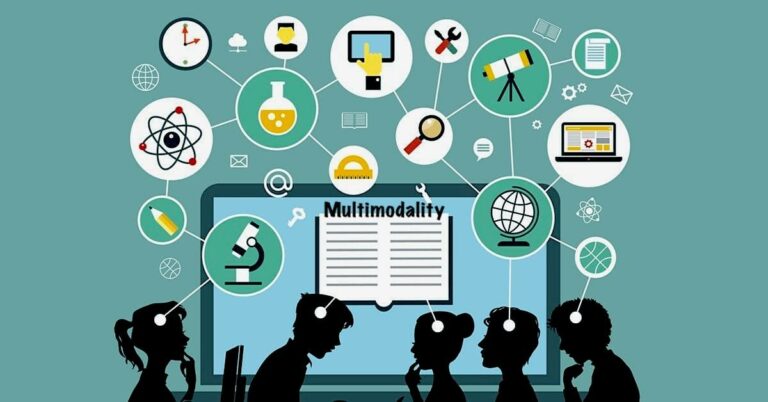Assessments and Multimodality
ASSESSMENTS AND MULTIMODALITY Activating prior knowledge According to Hazard (2019), “identity, literacy, and education are socially constructed” (p. 8), which means that these concepts are not inherent or fixed; they are shaped by the culture, social norms, and history surrounding us. Our identities, how we read and write (literacy), and how we learn (education)…

